
Nikao: The Heartbeat of the Cook Islands
Nestled on the beautiful island of Rarotonga, Nikao is a gem in the heart of the Cook Islands. Known for its stunning beaches and crystal-clear lagoons, Nikao offers a serene escape from the hustle and bustle of everyday life. The city is a perfect blend of traditional Polynesian culture and modern amenities, making it a unique destination for travelers. Visitors to Nikao can immerse themselves in the local culture by visiting the vibrant Punanga Nui Market. Here, you can find fresh produce, handmade crafts, and delicious local dishes. The market is a bustling hub of activity, offering a glimpse into the daily lives of the locals. For those interested in history, the Cook Islands National Museum provides insights into the rich heritage and traditions of the islands. Adventure seekers will find plenty to do in Nikao. The surrounding waters are perfect for snorkeling and diving, with colorful coral reefs and diverse marine life. On land, the lush landscapes offer opportunities for hiking and exploring. Whether you are looking to relax on the beach or embark on an adventure, Nikao has something for everyone.
Local tips in Nikao
- Visit Punanga Nui Market early in the morning to enjoy the freshest produce and unique crafts.
- Rent a scooter or bike to explore the island at your own pace.
- Don't miss the traditional dance performances, which offer a captivating glimpse into local culture.
- Bring reef-safe sunscreen to protect the delicate marine ecosystems when snorkeling or diving.
- Try the local seafood dishes, especially ika mata, a traditional raw fish salad.
Nikao: The Heartbeat of the Cook Islands
Nestled on the beautiful island of Rarotonga, Nikao is a gem in the heart of the Cook Islands. Known for its stunning beaches and crystal-clear lagoons, Nikao offers a serene escape from the hustle and bustle of everyday life. The city is a perfect blend of traditional Polynesian culture and modern amenities, making it a unique destination for travelers. Visitors to Nikao can immerse themselves in the local culture by visiting the vibrant Punanga Nui Market. Here, you can find fresh produce, handmade crafts, and delicious local dishes. The market is a bustling hub of activity, offering a glimpse into the daily lives of the locals. For those interested in history, the Cook Islands National Museum provides insights into the rich heritage and traditions of the islands. Adventure seekers will find plenty to do in Nikao. The surrounding waters are perfect for snorkeling and diving, with colorful coral reefs and diverse marine life. On land, the lush landscapes offer opportunities for hiking and exploring. Whether you are looking to relax on the beach or embark on an adventure, Nikao has something for everyone.
When is the best time to go to Nikao?
Iconic landmarks you can’t miss
Punanga Nui Market
Experience the heart of Rarotonga at Punanga Nui Market: local crafts, fresh food, and vibrant culture await every visitor!
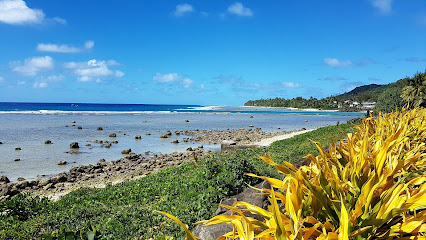
Muri Night Markets
Experience Rarotonga's vibrant culinary scene at Muri Night Markets. Enjoy local flavors, live music, and a festive atmosphere every Tuesday, Wednesday, Thursday, and Sunday!
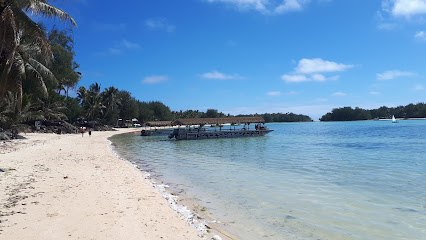
Koka Lagoon Cruises
Explore Rarotonga's Muri Lagoon with Koka Lagoon Cruises: snorkeling, culture, and fun for all ages!
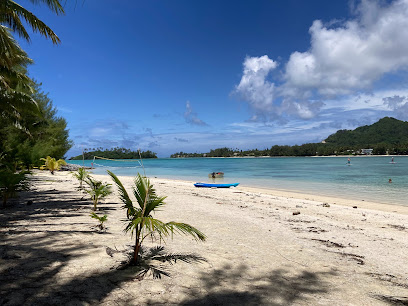
Te Vara Nui Village
Experience Rarotonga's vibrant culture at Te Vara Nui Village: dance, music, stories, and feasts await in this immersive Polynesian paradise.
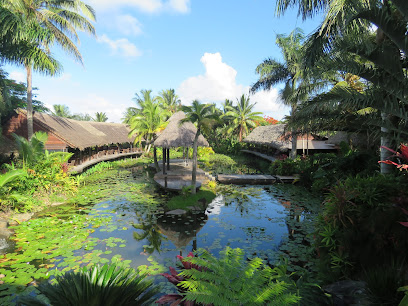
Maire Nui Gardens and Cafe
Explore Rarotonga's lush Maire Nui Gardens: a tropical paradise with vibrant flora, tranquil lily ponds, and a delightful garden-to-table cafe.
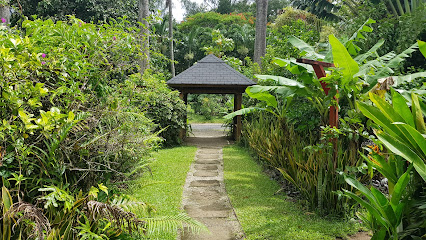
21.3 Vaiana's Bar & Bistro
Experience island vibes at Vaiana's Bar & Bistro in Avarua: beachfront dining, fresh seafood, live music, and stunning lagoon views await!
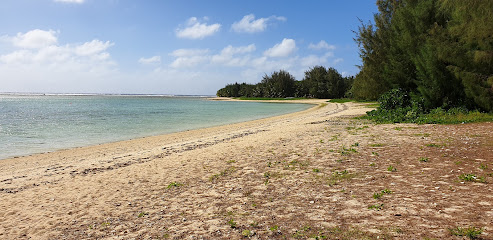
Kikau Hut
Experience authentic Cook Islands cuisine in a relaxed tropical setting at Kikau Hut, a culinary gem in Rarotonga's Arorangi District.
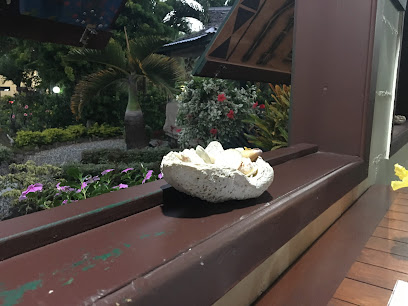
Te Ara Cook Islands Museum of Cultural Enterprise
Explore Cook Islands' history and culture at Te Ara Museum in Muri. Discover Polynesian heritage, local crafts, and island traditions.
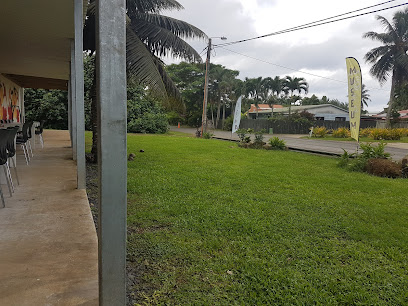
Te Rua Manga (The Needle)
Hike to Rarotonga's iconic Te Rua Manga (The Needle) for breathtaking panoramic views and a challenging rainforest adventure.
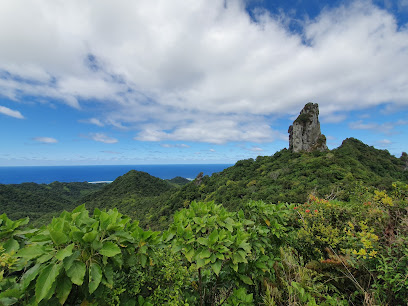
Wigmore's Waterfall
Discover Rarotonga's hidden oasis: Wigmore's Waterfall, a serene escape into nature's beauty with a refreshing swimming hole and lush tropical trails.
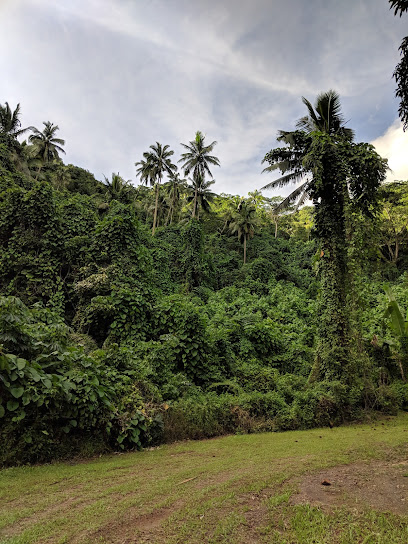
RAROTONGA BREWERY
Experience the authentic flavors of Rarotonga with locally crafted beers, kombucha, and island hospitality at Rarotonga Brewery.
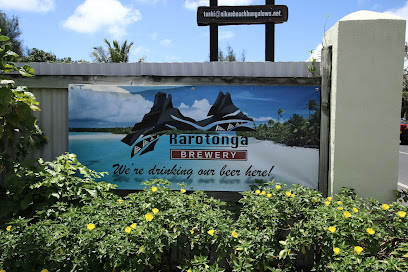
Highland Paradise
Discover the ancient village of Highland Paradise: Immerse yourself in Cook Islands culture, history, and traditions in a breathtaking mountain setting.
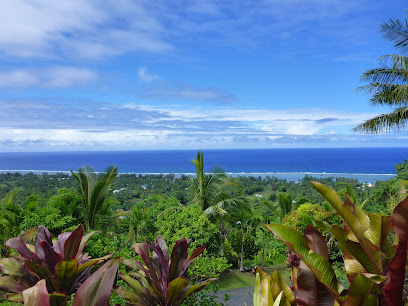
Kia Orana Villas and Spa
Experience Rarotonga's serene side at Kia Orana Villas and Spa: luxurious villas, relaxing spa, and a tranquil escape close to everything.
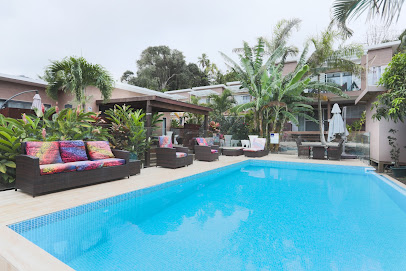
Black Rock
Discover Black Rock in Rarotonga: Volcanic formations, snorkeling, and ancient Polynesian legends await on this culturally rich coast.
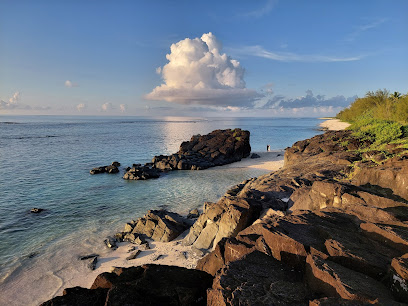
Aroa Beach
Discover Rarotonga's Aroa Beach: a serene snorkeling paradise with calm waters, vibrant marine life, and breathtaking sunsets.
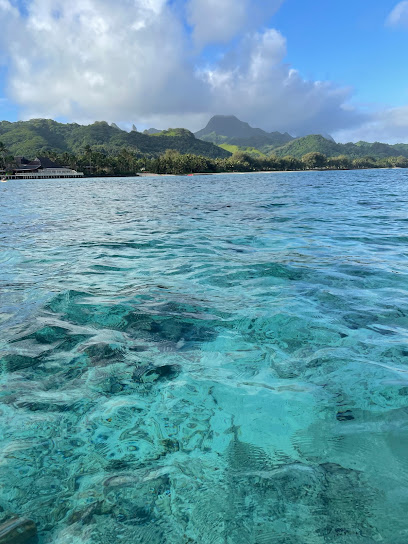
Unmissable attractions to see
Captain Tamas Lagoon Cruizes
Explore the breathtaking beauty of Muri Beach with Captain Tamas Lagoon Cruises - A must for every traveler in Rarotonga.
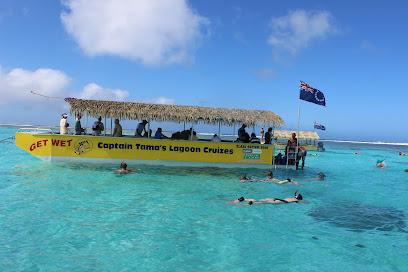
Rarotonga
Discover Rarotonga: A Polynesian paradise with lush landscapes, pristine beaches, and vibrant culture in the heart of the Cook Islands.
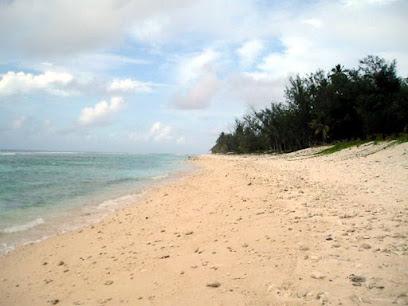
Maire Nui Gardens and Cafe
Experience the serene beauty and vibrant flora at Maire Nui Gardens and Cafe in Rarotonga, a perfect getaway for nature lovers and food enthusiasts.
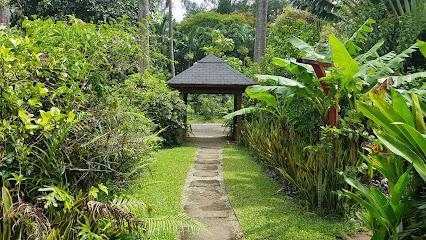
Shipwreck Hut Bar & Restaurant & Accomodation
Experience Rarotonga's best beach bar: stunning sunsets, live music, and island vibes at the iconic Shipwreck Hut Bar & Restaurant.
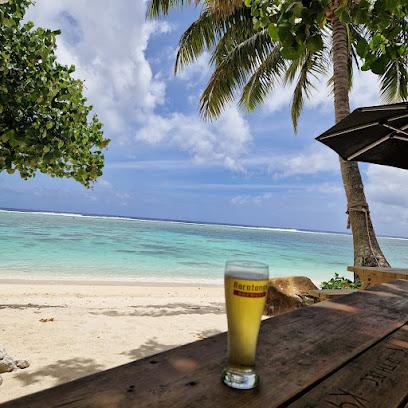
Te Ara Cook Islands Museum of Cultural Enterprise
Explore Cook Islands history and culture at Te Ara Museum: Discover Polynesian navigation, European influence, and local crafts in Muri, Rarotonga.
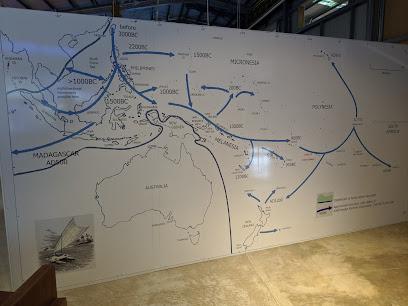
Ariki Adventures
Experience unforgettable underwater adventures with sea scooters and guided turtle encounters in Rarotonga's stunning lagoon with Ariki Adventures.
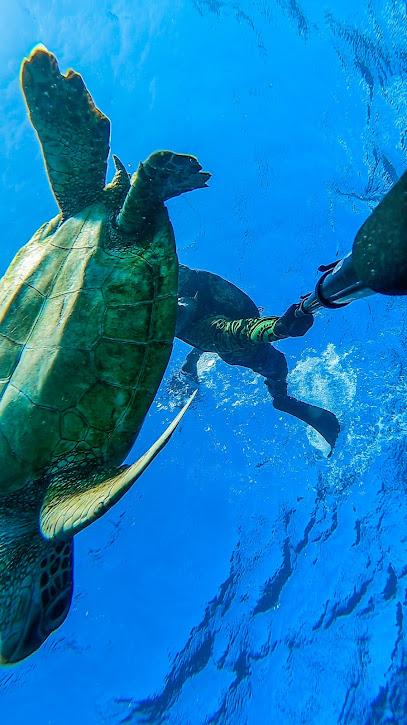
Te Rua Manga (The Needle)
Experience the breathtaking views and adventurous trails of Te Rua Manga, a must-visit natural landmark in Avarua, Cook Islands.
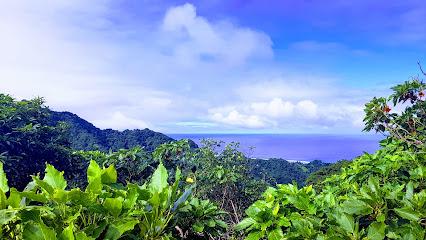
Muri Beach
Experience the magic of Muri Beach: stunning lagoon, exciting water sports, and vibrant island culture on Rarotonga's southeastern coast.
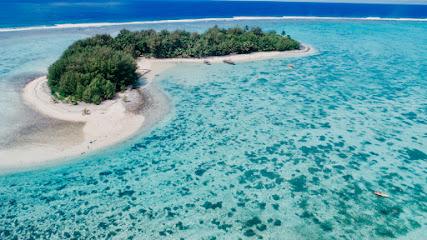
Wigmore's Waterfall
Discover the enchanting beauty of Wigmore's Waterfall, a serene paradise in Takitumu District, perfect for swimming and unwinding amidst nature.
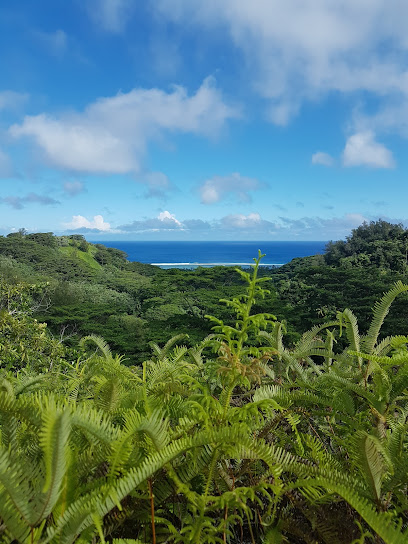
Black Rock
Discover Black Rock in Avarua: where volcanic beauty meets Cook Islands' culture. Snorkeling, sunsets, and sacred history await!
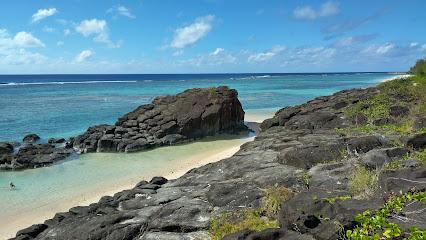
Dive Rarotonga
Explore the vibrant underwater world of Rarotonga with Dive Rarotonga, an exceptional SCUBA tour agency offering unforgettable diving experiences.
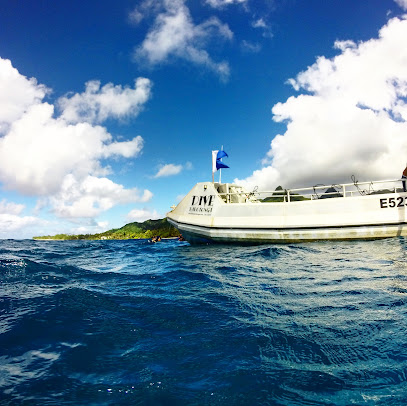
Takitumu Conservation Area
Explore the breathtaking beauty and tranquility of Takitumu Conservation Area, a must-visit natural haven in the Cook Islands for all nature lovers.
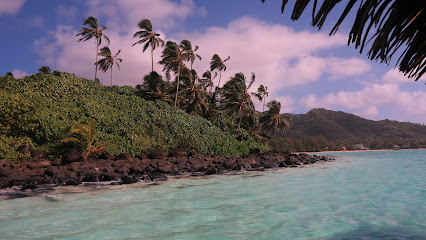
Raro Beach Bach - Group accommodation
Beachfront group accommodation in Rarotonga offering a relaxed, self-catered holiday experience with stunning ocean and mountain views.

Raro Reef Sub
Experience the beauty of Avarua's marine life with Raro Reef Sub, where underwater adventure awaits for everyone, regardless of diving skills.
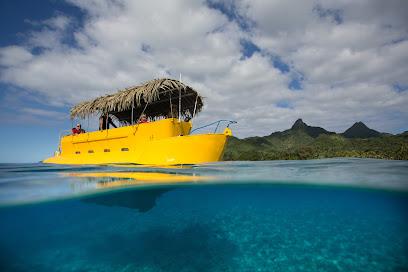
Cook Islands Library & Museum
Discover the captivating history and culture of the Cook Islands at the Cook Islands Library & Museum, a must-see for all visitors.
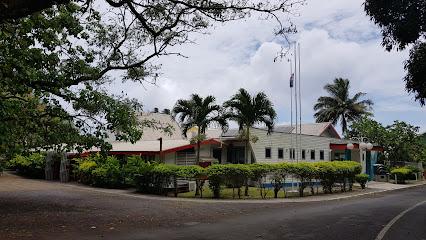
Essential places to dine
Trader Jacks
Experience vibrant nightlife and delightful dining at Trader Jacks in Avarua – where local flavors meet stunning views.
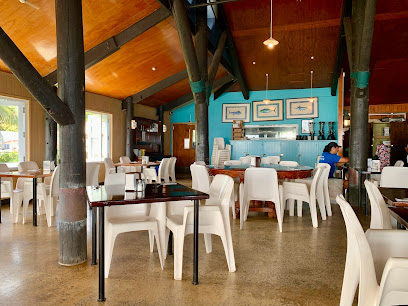
Charlie's Raro
Experience the vibrant flavors of Cook Islands cuisine at Charlie's Raro - where every meal is a celebration!
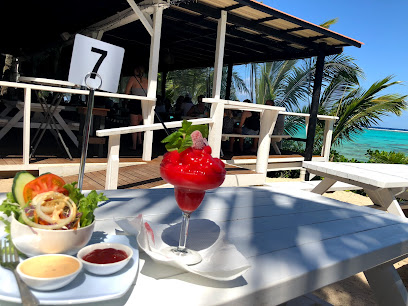
Nautilus Resort Rarotonga
Experience culinary bliss at Nautilus Resort Rarotonga with breathtaking views and gourmet delights in a tropical paradise.

Tamarind House Restaurant & Ukulele Bar
Experience authentic Pacific flavors at Tamarind House Restaurant & Ukulele Bar in Avarua – where delicious cuisine meets vibrant island culture.
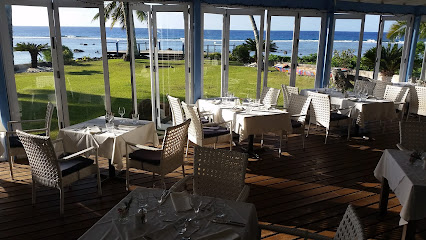
Vaima Restaurant and Bar
Experience exquisite dining with stunning ocean views at Vaima Restaurant and Bar in Takitumu District, Cook Islands.
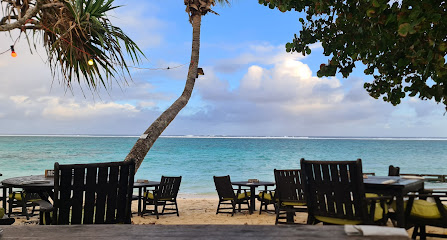
The Islander Hotel & Spa
Discover paradise at The Islander Hotel & Spa in Avarua—where relaxation meets adventure amidst stunning tropical landscapes.

The Waterline Restaurant and Outrigger Beach Bar
Savor authentic Polynesian flavors at The Waterline Restaurant while enjoying stunning ocean views and unforgettable sunsets.
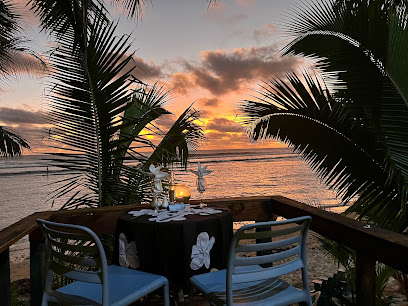
Antipodes rarotonga
Savor the vibrant flavors of the Cook Islands at Antipodes Rarotonga – a culinary haven in Avarua offering unforgettable dining experiences.
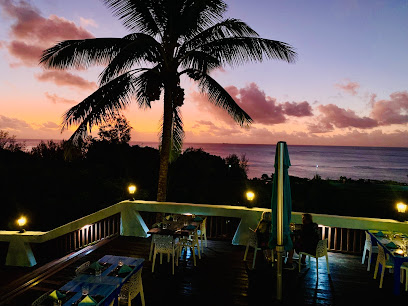
Palace Takeaways
Discover authentic island flavors at Palace Takeaways in Avarua - a must-visit takeout restaurant offering delicious meals and local delights.
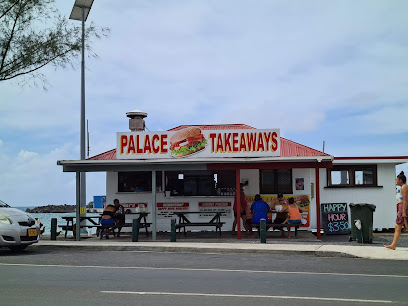
Castaway Resort Rarotonga
Discover paradise at Castaway Resort Rarotonga - where luxury meets breathtaking natural beauty in a tropical island setting.

Shipwreck Hut Bar & Restaurant & Accomodation
Discover tropical flavors and vibrant live music at Shipwreck Hut Bar & Restaurant in Arorangi District.
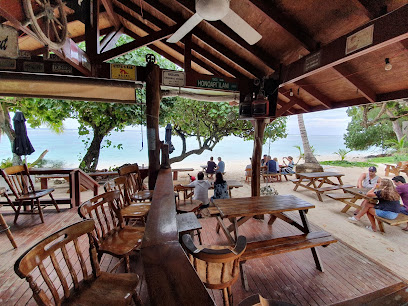
Spaghetti House Restaurant
Experience authentic Italian cuisine at Spaghetti House Restaurant in Arorangi District - where every dish tells a story.
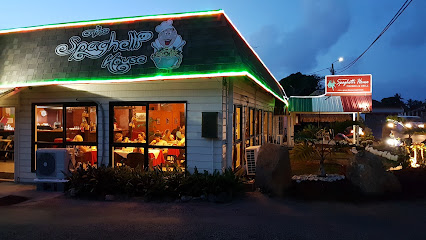
Flying Turtle Cafe
Discover delightful local flavors at Flying Turtle Cafe in Arorangi – your perfect dining spot on Rarotonga.
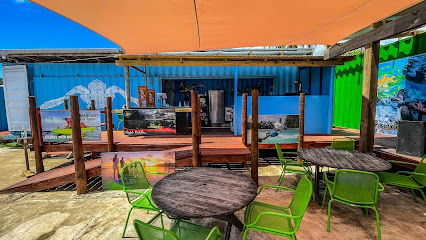
Kikau Hut
Experience authentic Cook Islands cuisine at Kikau Hut while enjoying stunning ocean views and warm hospitality in Rarotonga.
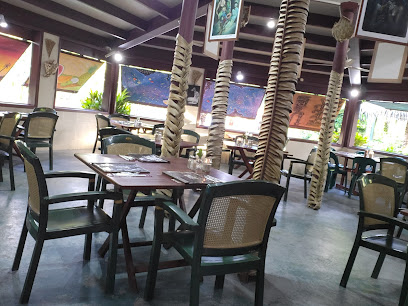
On the Beach Bar and Restaurant
Discover culinary delights with stunning ocean views at On the Beach Bar and Restaurant in Rarotonga's beautiful Arorangi District.
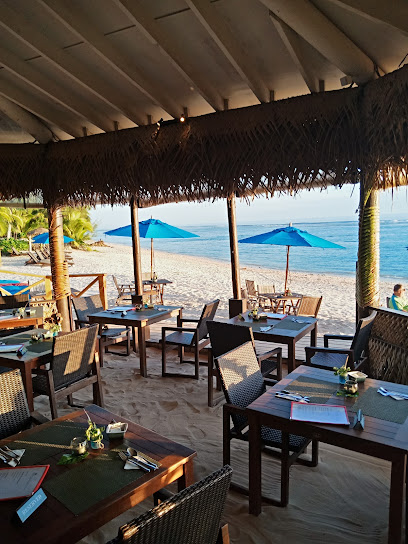
Markets, malls and hidden boutiques
Ollie's Surf Gear
Explore Ollie's Surf Gear in Avarua for trendy surf clothing, beach essentials, and unique souvenirs that embody the spirit of the Cook Islands.
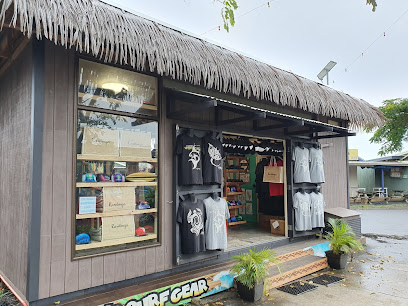
Island Craft Ltd
Explore the vibrant culture of the Cook Islands through unique, handcrafted treasures at Island Craft Ltd in Avarua.
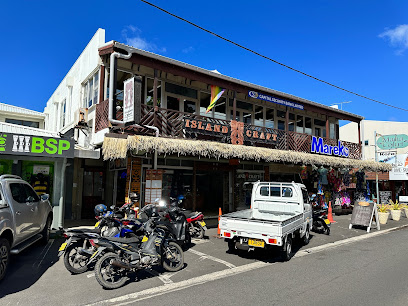
The T-Shirt Factory
Shop unique and vibrant clothing at The T-Shirt Factory in Avarua, the perfect place for stylish souvenirs from the Cook Islands.
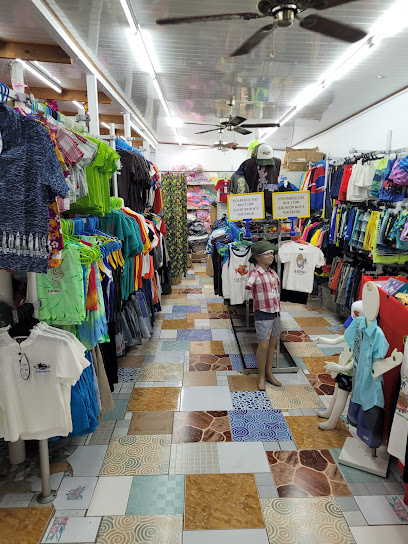
Cooks Fudge Factory/ Perfumes of Rarotonga
Discover the sweet delights of Cooks Fudge Factory and the enchanting fragrances of Perfumes of Rarotonga in the heart of Avarua.
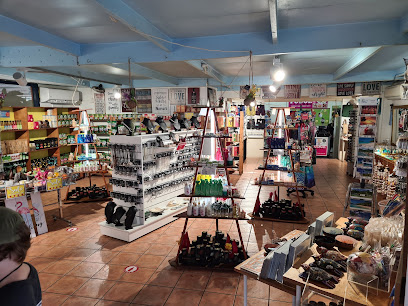
Perfumes of Rarotonga Factory
Discover the authentic scents of Rarotonga at the Perfumes of Rarotonga Factory, a charming gift shop and perfume haven.
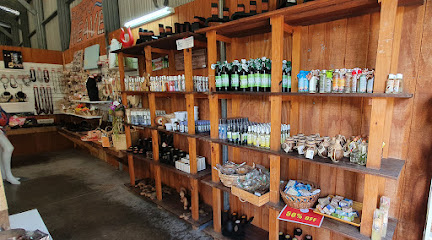
Vonnias Warehouse
Discover the vibrant shopping experience at Vonnias Warehouse in Avarua, featuring local crafts, unique souvenirs, and a taste of Cook Islands culture.
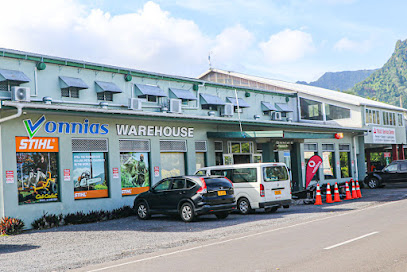
Rarotonga Bakery
Experience the taste of Rarotonga at Rarotonga Bakery, where fresh, local ingredients create delicious baked goods in a charming atmosphere.
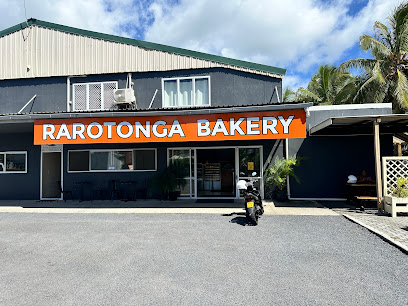
Tuki's Pareu
Discover the vibrant fashion of the Cook Islands at Tuki's Pareu, where local craftsmanship meets island style in Avarua.
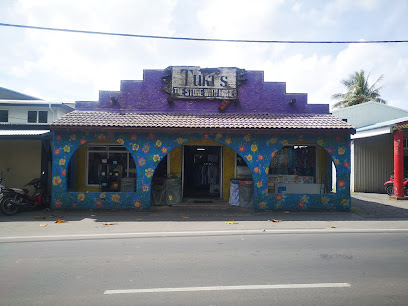
Tivaevae Collectables Cultural Gift Shop
Explore the rich heritage of the Cook Islands at Tivaevae Collectables, a cultural gift shop showcasing unique handcrafted items and local artistry.
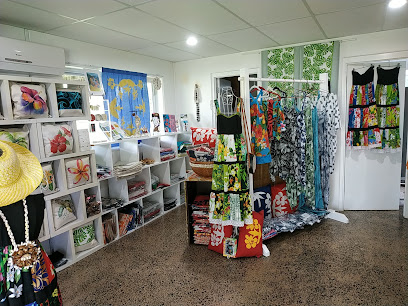
Mareko Island Creations
Explore Mareko Island Creations for unique Cook Islands souvenirs and authentic local crafts that embody the spirit of this beautiful destination.
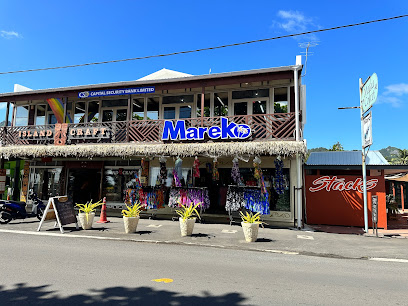
SPCA OP SHOP PUNANGA NUI MARKETS
Explore the SPCA Op Shop at Punanga Nui Markets for unique clothing and support animal welfare in the Cook Islands.
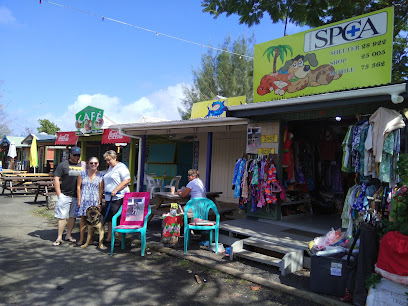
The Gift Shop
Explore The Gift Shop in Avarua for unique souvenirs and local crafts that capture the essence of the Cook Islands.
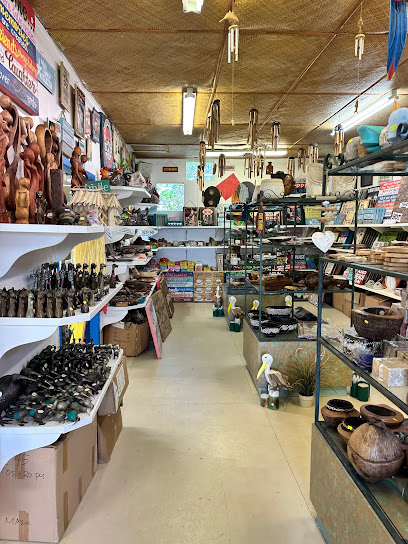
CITC Duty Free
Explore CITC Duty Free for exclusive local products and luxury items at unbeatable duty-free prices in Avarua, Cook Islands.
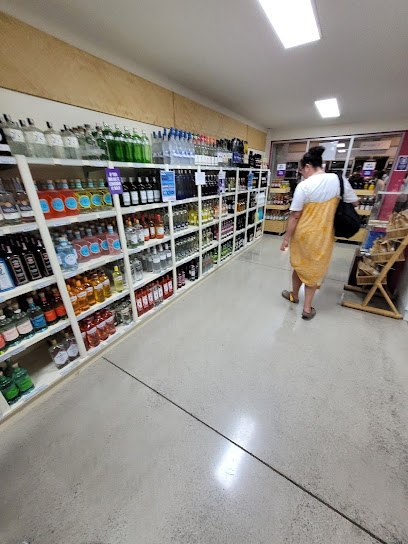
Manini Wear
Discover unique local fashion at Manini Wear in Avarua, where the spirit of the Cook Islands comes alive through vibrant clothing and friendly service.
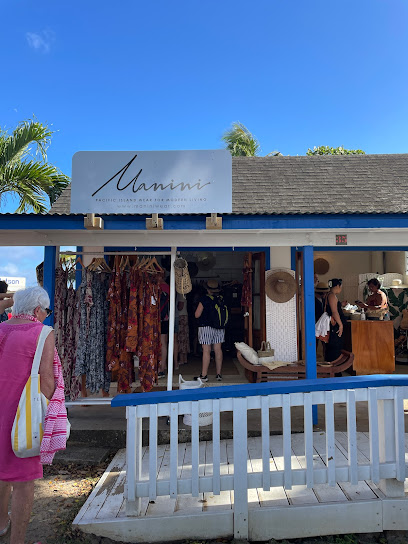
Turtles Sportswear
Discover vibrant tropical clothing at Turtles Sportswear in Avarua, your go-to destination for island-inspired fashion and accessories.
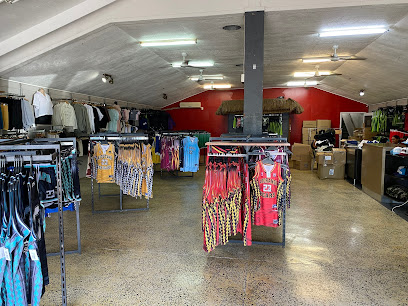
Essential bars & hidden hideouts
Trader Jacks
Experience the vibrant atmosphere and delicious flavors at Trader Jacks, Avarua's premier grill and bar destination in the Cook Islands.
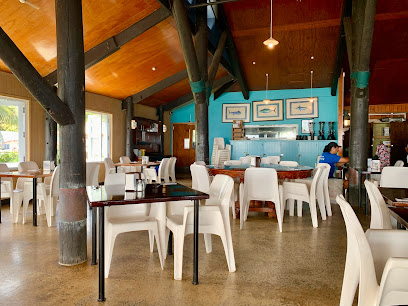
Vaima Restaurant and Bar
Experience the culinary delights and stunning views at Vaima Restaurant and Bar in the beautiful Cook Islands.
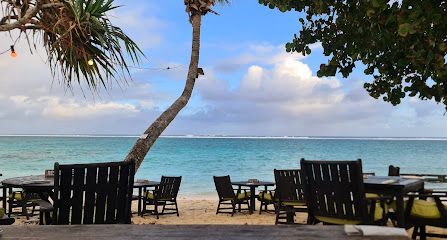
21.3 Vaiana's Bar & Bistro
Experience the vibrant atmosphere of Vaiana's Bar & Bistro, a beachfront haven in Avarua offering delicious drinks and tasty food.
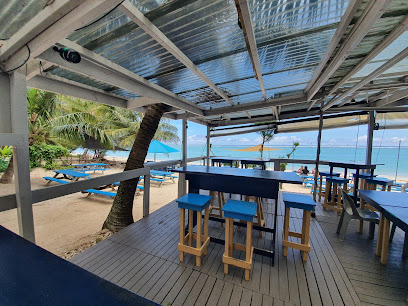
Shipwreck Hut Bar & Restaurant & Accomodation
Experience the best of Cook Islands dining at Shipwreck Hut Bar & Restaurant, where savoring grilled delicacies meets lively musical entertainment.
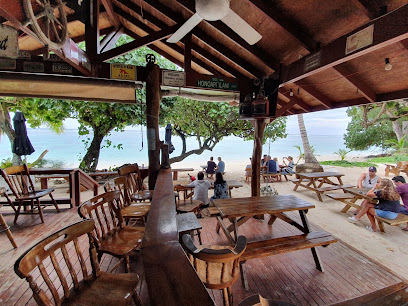
On the Beach Bar and Restaurant
Discover On the Beach Bar and Restaurant, where oceanfront dining meets exquisite local flavors in the heart of the Cook Islands.
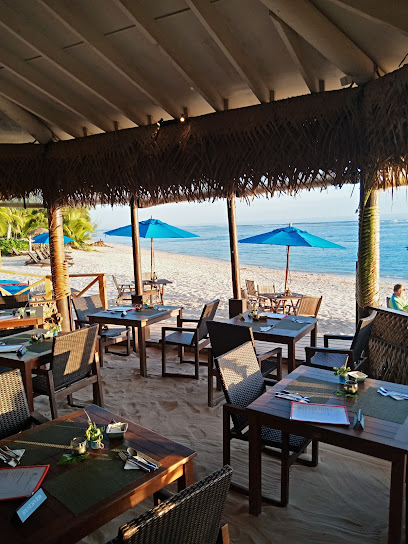
Wilsons Bar & Restaurant
Experience the vibrant atmosphere and delightful flavors of Wilsons Bar & Restaurant in the heart of Arorangi District, where every meal is a celebration.
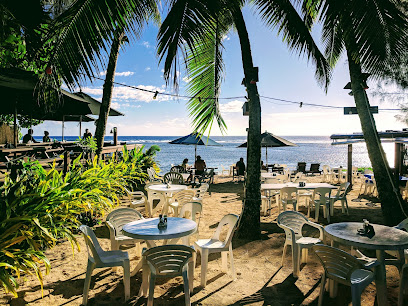
Rehab
Experience Avarua's vibrant nightlife at Rehab, where great music, delicious drinks, and unforgettable moments await.
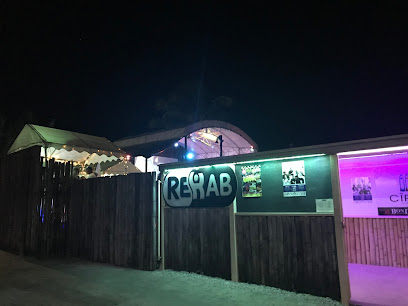
Restaurant & Mal's Bar
Experience the vibrant flavors of the Cook Islands at Restaurant & Mal's Bar, where culinary delights meet breathtaking views.
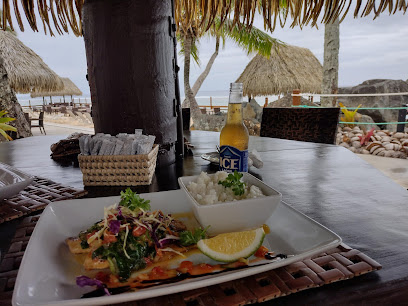
Tumunu Bar and Restaurant
Experience the essence of island dining at Tumunu Bar and Restaurant, where delicious food and refreshing drinks await in a vibrant atmosphere.
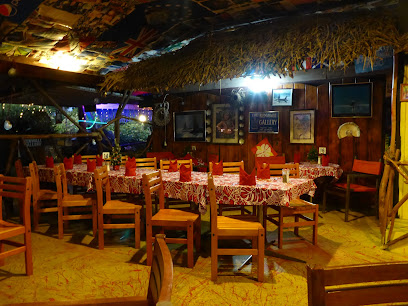
COCOCKTAIL
Experience the vibrant flavors and tropical ambiance of CocoCocktail, a culinary treasure in Rarotonga, perfect for every food lover.
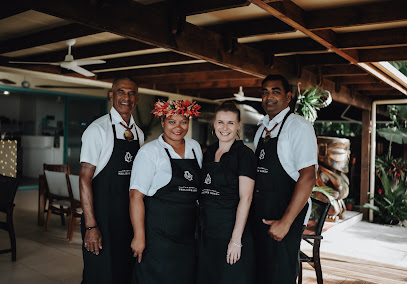
Mai’i Cafe & Bar
Discover Mai’i Cafe & Bar in Takitumu District, where delightful drinks and local charm create an unforgettable travel experience.
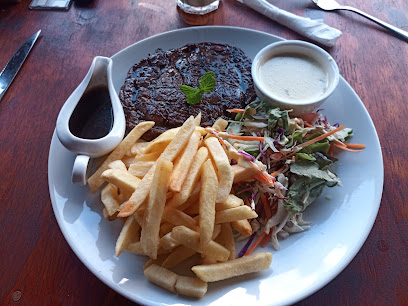
Hula Bar
Discover the vibrant nightlife at Hula Bar, a lively bar in Rarotonga offering tropical drinks, great music, and unforgettable dance experiences.
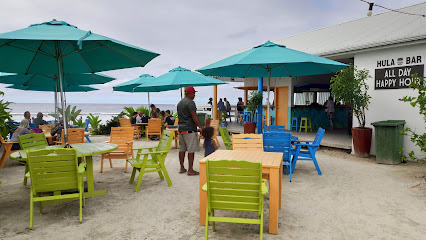
Roadhouse Bar & Restaurant
Experience the lively spirit of Arorangi at Roadhouse Bar & Restaurant, where delicious burgers meet entertaining karaoke in a vibrant setting.
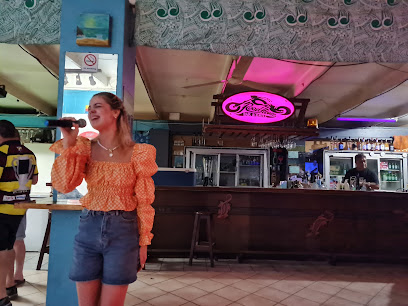
Margaritas Bistro & Bar
Discover the flavors of the Cook Islands at Margaritas Bistro & Bar, a premier dining spot in Avarua offering fresh, local cuisine and a vibrant atmosphere.
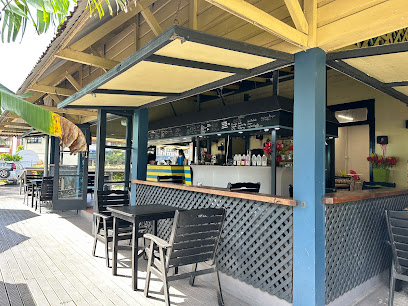
Tiki Bar
Discover the tropical charm of Tiki Bar in Avarua, where cocktails, culture, and camaraderie come together for an unforgettable experience.
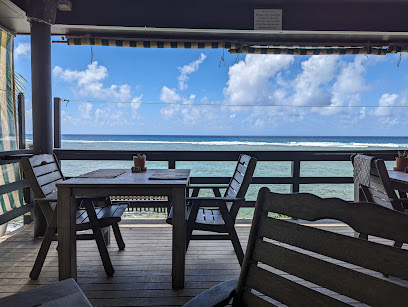
Local Phrases
-
- HelloKia Orana
[Kee-ah O-ra-na] - GoodbyeKa Kite
[Ka Kee-te] - YesAe
[Ay] - NoKare
[Ka-re] - Please/You're welcomeMeitaki
[May-ta-ki] - Thank youMeitaki
[May-ta-ki] - Excuse me/SorryAue
[Oo-eh] - How are you?Aere mai
[Eye-reh my] - Fine. And you?Aere ra
[Eye-reh ra] - Do you speak English?E ake e koe e akatangi i te reo 'Akapapa'
[Eh a-keh eh koh-eh eh ah-kah-tahng-ee ee teh reh-oh 'Ah-kah-pah-pah'] - I don't understandKare au e rauka i te akatangi
[Kah-reh ow eh rah-oo-kah ee teh ah-kah-tahng-ee]
- HelloKia Orana
-
- I'd like to see the menu, pleaseKia aere atu au kia kite i te manu
[Kee-ah eye-reh ah-too ow kee-ah kee-teh ee teh mah-noo] - I don't eat meatKare au e kai i te kai
[Kah-reh ow eh kah-ee ee teh kah-ee] - Cheers!Manuia!
[Mah-noo-ee-ah!] - I would like to pay, pleaseKia aere atu au kia uui i te moni
[Kee-ah eye-reh ah-too ow kee-ah oo-oo-ee ee teh moh-nee]
- I'd like to see the menu, pleaseKia aere atu au kia kite i te manu
-
- Help!Araura!
[Ah-rah-oo-rah!] - Go away!Ua atu!
[Oo-ah ah-too!] - Call the Police!Tangata taia!
[Tah-ngah-tah tah-ee-ah!] - Call a doctor!Tangata kaukau!
[Tah-ngah-tah cow-cow!] - I'm lostKare au i kite
[Kah-reh ow ee kee-teh] - I'm illKare au e mamae
[Kah-reh ow eh mah-my]
- Help!Araura!
-
- I'd like to buy...Kia aere atu au kia tuku...
[Kee-ah eye-reh ah-too ow kee-ah too-koo...] - I'm just lookingKare au e tuku
[Kah-reh ow eh too-koo] - How much is it?E aha te moni?
[Eh ah-ha teh moh-nee] - That's too expensiveTei te kai rava roa
[Tay teh kah-ee rah-vah ro-ah] - Can you lower the price?E ake e koe e rauka i te au roa i te moni?
[Eh ah-keh eh koh-eh eh rah-oo-kah ee teh ow ro-ah ee teh moh-nee]
- I'd like to buy...Kia aere atu au kia tuku...
-
- What time is it?Kia aha te au?
[Kee-ah ah-ha teh ow] - It's one o'clockE tahi te au
[Eh tah-hee teh ow] - Half past (10)Te toru o te nga
[Tay toh-roo oh teh ngah] - MorningI te ata
[Eh teh ah-tah] - AfternoonI te aiai
[Eh teh eye-eye] - EveningI te po
[Eh teh poh] - YesterdayI te ra nei
[Eh teh rah nay] - TodayI teia ra
[Eh teh-ee-ah rah] - TomorrowApopo
[Ah-poh-poh] - 1Tahi
[Tah-hee] - 2Rua
[Roo-ah] - 3Toru
[Toh-roo] - 4Ava
[Ah-vah] - 5Rima
[Ree-mah] - 6Ono
[Oh-no] - 7Fitu
[Fee-too] - 8Varu
[Vah-roo] - 9Iva
[Ee-vah] - 10Ngauru
[Nah-oo-roo]
- What time is it?Kia aha te au?
-
- Where's a/the...?Ki afea te...?
[Kee ah-feh-ah teh...?] - What's the address?Kia aha te aua
[Kee-ah ah-ha teh ah-wah] - Can you show me (on the map)?E ake e koe e kite mai au (i te mape)?
[Eh ah-keh eh koh-eh eh kee-teh my ow (ee teh mah-peh)?] - When's the next (bus)?I te aha te taime (apa)?
[Eh teh ah-ha teh tah-ee-meh (ah-pah)?] - A ticket (to ....)Te tiketi (ki ...)
[Tay tee-keh-tee (kee ...)]
- Where's a/the...?Ki afea te...?
History of Nikao
-
Nikao, like many parts of the Cook Islands, has a rich history that dates back to the ancient Polynesians who first settled the region around 800 AD. These early inhabitants were master navigators who utilized the stars, ocean currents, and bird migrations to traverse the vast Pacific Ocean. The settlement in Nikao developed into a thriving community, with its own unique social structures, rituals, and traditions.
-
The arrival of European explorers in the 18th century marked a significant turning point in Nikao's history. In 1773, British navigator Captain James Cook sailed through the region, bringing with him a wave of change. While Cook did not land specifically in Nikao, his expeditions opened the door for subsequent European contact, which would forever alter the cultural landscape of the Cook Islands.
-
The 19th century saw the arrival of Christian missionaries, most notably from the London Missionary Society. These missionaries played a pivotal role in transforming the social and cultural fabric of Nikao. They introduced Christianity, established schools, and influenced local governance. The construction of churches and the spread of Western education had lasting impacts on the community.
-
In 1888, the Cook Islands were declared a British protectorate, and by 1901, they were annexed to New Zealand. This colonial period brought administrative changes and modernization efforts to Nikao. Infrastructure improvements such as roads and communication systems were implemented, and the influence of New Zealand governance began to shape the political and economic landscape of Nikao.
-
During World War II, Nikao played a strategic role due to its location in the South Pacific. The island saw the establishment of military installations and an influx of Allied forces. This period brought both challenges and opportunities, as the local economy experienced a boom from the increased military presence, but also faced disruptions and resource strains.
-
The post-war era ushered in significant development and a push towards self-governance. In 1965, the Cook Islands became a self-governing territory in free association with New Zealand. This newfound autonomy allowed Nikao to focus on local governance, economic development, and cultural preservation. The establishment of national institutions and the promotion of tourism helped to shape modern Nikao.
-
In recent decades, there has been a strong movement towards cultural revival in Nikao. Efforts to preserve and promote traditional Polynesian arts, language, and customs have gained momentum. Festivals, dance performances, and cultural workshops are now integral parts of community life, offering both residents and visitors a deeper understanding of Nikao's rich heritage.
Nikao Essentials
-
Nikao is located on the island of Rarotonga in the Cook Islands. The primary gateway to Nikao is Rarotonga International Airport (RAR), which is situated in close proximity to the town. Several international airlines operate flights to RAR, including Air New Zealand, Jetstar, and Virgin Australia. From the airport, it is a short taxi ride to reach Nikao.
-
Nikao is well-connected by a network of roads, making it easy to navigate. Taxis are readily available and are a convenient mode of transport for short distances. Alternatively, you can rent a scooter or car to explore the island at your own pace. Public buses operate around the island, with regular routes that stop in Nikao. Cycling is also a popular option for those who prefer a more active mode of transportation.
-
The official currency in the Cook Islands is the New Zealand Dollar (NZD). Credit cards are widely accepted in hotels, restaurants, and larger shops, but it is advisable to carry some cash for smaller establishments and local markets. ATMs are available in Nikao and throughout Rarotonga, ensuring easy access to cash when needed.
-
Nikao is generally a safe destination for tourists. However, it is always wise to exercise standard precautions. Avoid walking alone at night in secluded areas and keep an eye on personal belongings in crowded places. There are no specific high-crime areas targeting tourists, but staying vigilant and aware of your surroundings is always recommended.
-
In case of emergency, dial 999 for immediate assistance. The local police station and medical facilities are accessible in Nikao. It is highly recommended to have travel insurance that covers medical emergencies. For minor health issues, there are pharmacies where you can purchase over-the-counter medications.
-
Fashion: Do dress modestly, especially when visiting religious or cultural sites. Avoid overly revealing clothing. Religion: Do respect local customs and traditions. When visiting churches, it is respectful to dress conservatively. Public Transport: Do be courteous and respectful on buses. Greet the driver and other passengers. Greetings: Do greet people with a friendly 'Kia Orana,' which means 'hello' in Cook Islands Maori. Eating & Drinking: Do try local delicacies and accept food offerings graciously. Don't refuse hospitality, as it is considered impolite.
-
To experience Nikao like a local, visit the Punanga Nui Market on Saturdays. Here, you can buy fresh produce, local crafts, and enjoy traditional Cook Islands performances. Engage with locals, as they are often friendly and eager to share insights about their culture and history. Don't miss out on trying local dishes such as ika mata (marinated raw fish) and rukau (taro leaves). For a unique experience, consider attending a cultural night show that features traditional dance and music.
Trending Landmark in Nikao
-
Punanga Nui Market
-
Muri Night Markets
-
Koka Lagoon Cruises
-
Te Vara Nui Village
-
Maire Nui Gardens and Cafe
-
21.3 Vaiana's Bar & Bistro
-
Kikau Hut
-
Te Ara Cook Islands Museum of Cultural Enterprise
-
Te Rua Manga (The Needle)
-
Wigmore's Waterfall
-
RAROTONGA BREWERY
-
Highland Paradise
-
Kia Orana Villas and Spa
-
Black Rock
-
Aroa Beach
Nearby Cities to Nikao
-
Things To Do in Avatiu
-
Things To Do in Avarua
-
Things To Do in Arorangi
-
Things To Do in Matavera
-
Things To Do in Takitumu
-
Things To Do in Ngatangiia
-
Things To Do in Muri
-
Things To Do in Maupiti
-
Things To Do in Bora Bora
-
Things To Do in Raiatea
-
Things To Do in Huahine
-
Things To Do in Moorea
-
Things To Do in Papeete
-
Things To Do in Tahiti
-
Things To Do in Tetiaroa






